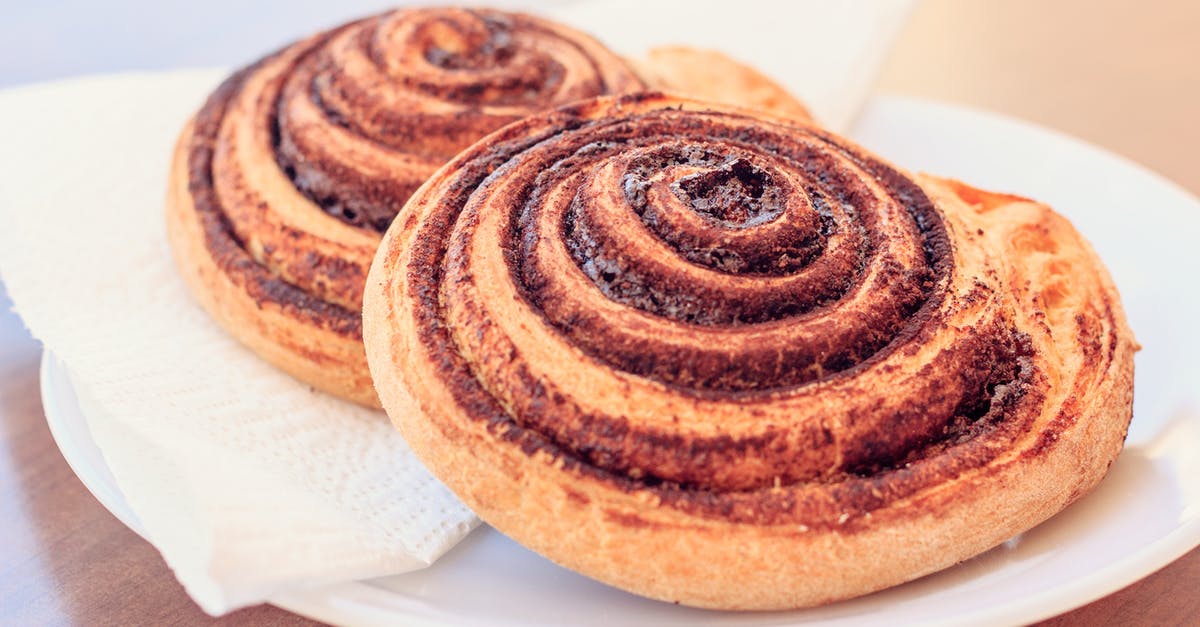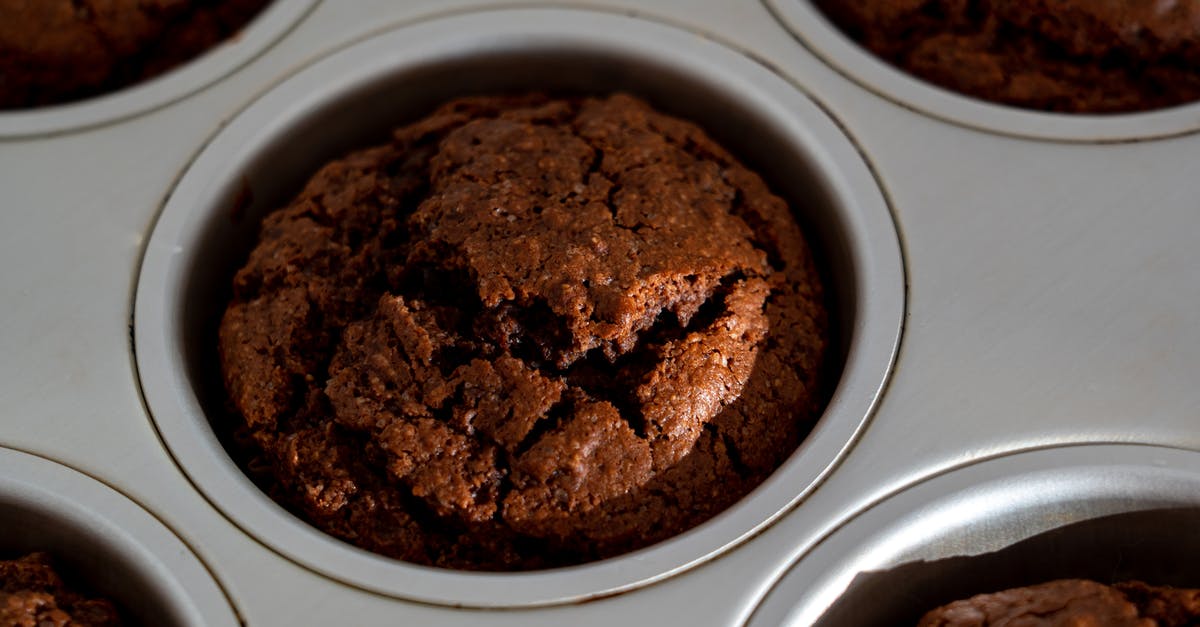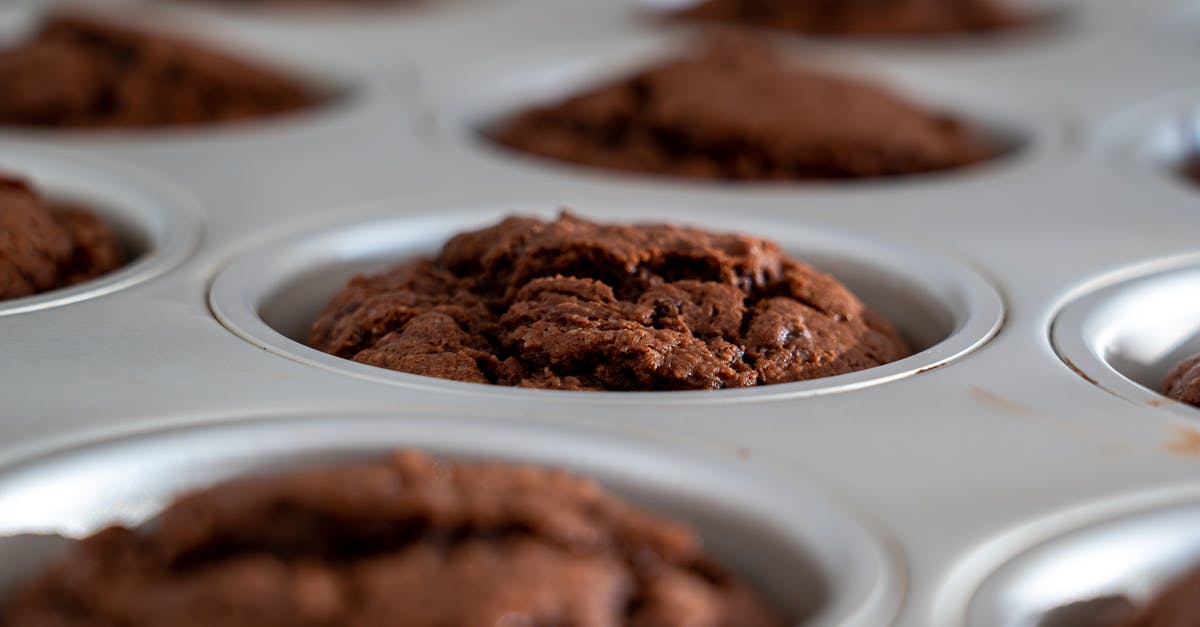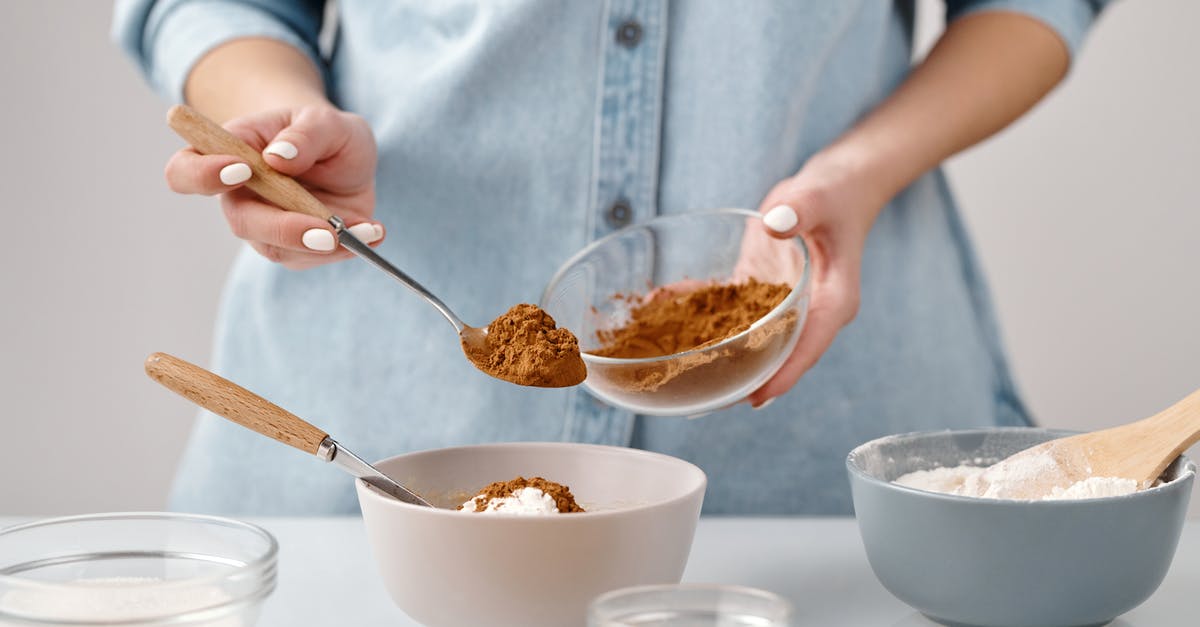Effect of undutched cocoa on baking

I'm trying to add unsweetened non-dutched cocoa powder to a biscotti recipe (this one).
I've read that this type of cocoa is strongly acidic. Will I need to make any changes to the quantities of baking powder? Should I just use baking soda instead of the baking powder? Any other suggestions would be welcome.
Note:
I put in the biscotti recipe as an example. My actual question is quite generic as I tend to add cocoa/chocolate to everything! must.. resist..
Best Answer
According to David Lebovitz:
Because natural cocoa powder hasn’t had its acidity tempered, it’s generally paired with baking soda (which is alkali) in recipes. Dutch-process cocoa is frequently used in recipes with baking powder, as it doesn’t react to baking soda like natural cocoa does.
So, if you're using non-Dutched (natural) cocoa, you can use baking soda for leavening, but you don't have to. As I mentioned in comments the vast majority of recipes for chocolate biscotti in fact call for baking powder. I suspect that part of the reason for that is that many people don't know the difference between Dutched and non-Dutched cocoas, and in some places outside the US, Dutch-processed is the norm. There is no harm in using additional acid (like natural cocoa) with baking powder. The effect of additional acid is not enough that you're likely to even notice it.
Also note that if you use baking soda for leavening, you have to bake right away. Baking soda, like single-action baking powder, causes the release of carbon dioxide only when it is first mixed with the liquid (and acid, in the case of soda) in the recipe. It doesn't react to the heat of the oven. So, its leavening action is short lived.
Baking powder is roughly one-third baking soda, so if you do choose to substitute baking soda for baking powder in a recipe that contains plenty of acid, you want to use about a third of the amount of soda as the recipe called for baking powder.
EDIT: I just came across this answer: How can I identify dutch process cocoa? by hobodave. That excellent answer has more information that you might find helpful. Of note as it relates to your question is this paragraph:
There is a bit of misinformation that floats amongst bakers that the pH of the cocoa can affect the leavening of the baked good. Many recipes will actually sternly suggest using either Dutched or natural cocoa depending. This makes sense since leavening is a sort of balancing act that involves both acids and bases. However, it has been experimentally shown that this does not actually occur, and baked goods made with both Dutched and natural cocoa powder showed no differences in leavening.
So he concurs. While it is fine to substitute baking soda for baking powder when introducing natural cocoa, it is unnecessary. No modification of leavening agent is necessary.
Pictures about "Effect of undutched cocoa on baking"



How does cocoa affect baking?
Its acidity neutralizes baking soda's potentially strong, "soapy" flavor; and because natural cocoa is acidic, and baking soda is a "base" (remember your chemistry?), when the two get together they produce a reaction: CO2 bubbles, which make your cake, brownies, cookies, or whatever you're baking rise in the oven.Can I substitute Dutch cocoa for regular cocoa?
In many recipes, cocoa types are interchangeable The good news is, most recipes from a reliable source will call for \u201cunsweetened cocoa, Dutch-process, or natural.\u201d So whichever cocoa you have, you're good to go: all cocoas are either natural or Dutch-process, so either one will work.Is alkalized cocoa good for baking?
When used in baking, the addition of an alkaline ingredient such as baking soda will aid in the leavening of your dessert. Alkalized cocoa powder, or Dutch Process, has a higher PH level due to an alkali solution being added to the beans, nibs or powder.Is Dutch process cocoa better for brownies?
\u201cWhen it comes to baking, I prefer Dutch process cocoa powder,\u201d says former BA food editor Claire Saffitz. \u201cThe alkalizing process darkens the color and typically deepens the flavor.\u201d Dutch process cocoa powder produces baked goods that taste more intensely chocolatey.Dutch Process Cocoa Powder vs. Natural Cocoa Powder- Kitchen Conundrums with Thomas Joseph
Sources: Stack Exchange - This article follows the attribution requirements of Stack Exchange and is licensed under CC BY-SA 3.0.
Images: Pixabay, Castorly Stock, Castorly Stock, Nicole Michalou
